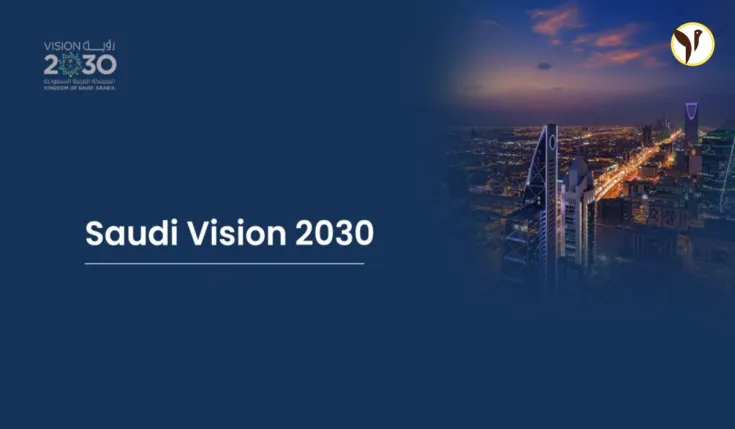Saudi Arabia: A Nation in Transformation
Okay, so you know Saudi Arabia, right? The place with all the oil? Well, it's changing. Big time. It's not just about oil anymore. Crown Prince Mohammed bin Salman's got this massive plan, Vision 2030, and it's shaking things up. They're trying to diversify their economy, build up tech and infrastructure, and basically become a global player in a whole bunch of new ways. It’s fascinating to watch, honestly.
A Whole New Economy?
Vision 2030 is all about getting Saudi Arabia off the oil rollercoaster. They're pouring money into tourism, tech – you name it. Think massive projects like Neom – it's been a bit of a bumpy ride for that one, adjustments had to be made, but the overall goal remains the same: jobs for Saudis and a stronger homegrown economy. And you know what's interesting? Their credit rating’s been upgraded lately. That shows they're making progress in managing their finances and fixing things up.
The Challenges (And the HUGE Opportunities)
It’s not all smooth sailing, though. Foreign companies sometimes worry about getting paid on time, and they'd like to see clearer legal rules. Getting those payment terms sorted out is crucial – especially for mega-projects like the King Salman International Airport. They’re aiming for it to be the biggest airport in the world by 2050! That's a huge undertaking. But the upside is enormous. The logistics sector alone is booming, thanks to over $147 billion in government investment. More manufacturing, busier ports along the Red Sea… it’s a goldmine of opportunity for local and international businesses alike.
Esports and the Digital Push
Here’s something you might not expect: Saudi Arabia’s getting seriously into the digital world. Telecom companies are using their mobile apps to get people playing esports, offering rewards and all that. It’s a smart move to engage younger people and show they're embracing modern tech. Honestly, who saw *that* coming?
The Big Picture
So, what’s the takeaway? Saudi Arabia’s on a journey, a pretty ambitious one. They’re trying to become a much more diversified and technologically advanced nation, and it’s not always easy. There are definitely challenges, but their commitment to Vision 2030, their strategic investments, and their willingness to adapt… it all suggests they’re in this for the long haul. It’ll be fascinating to see how this all plays out in the coming years. There's a lot more to explore, though – diving deeper into specific industries and projects would give a much clearer picture of how things are really progressing.







